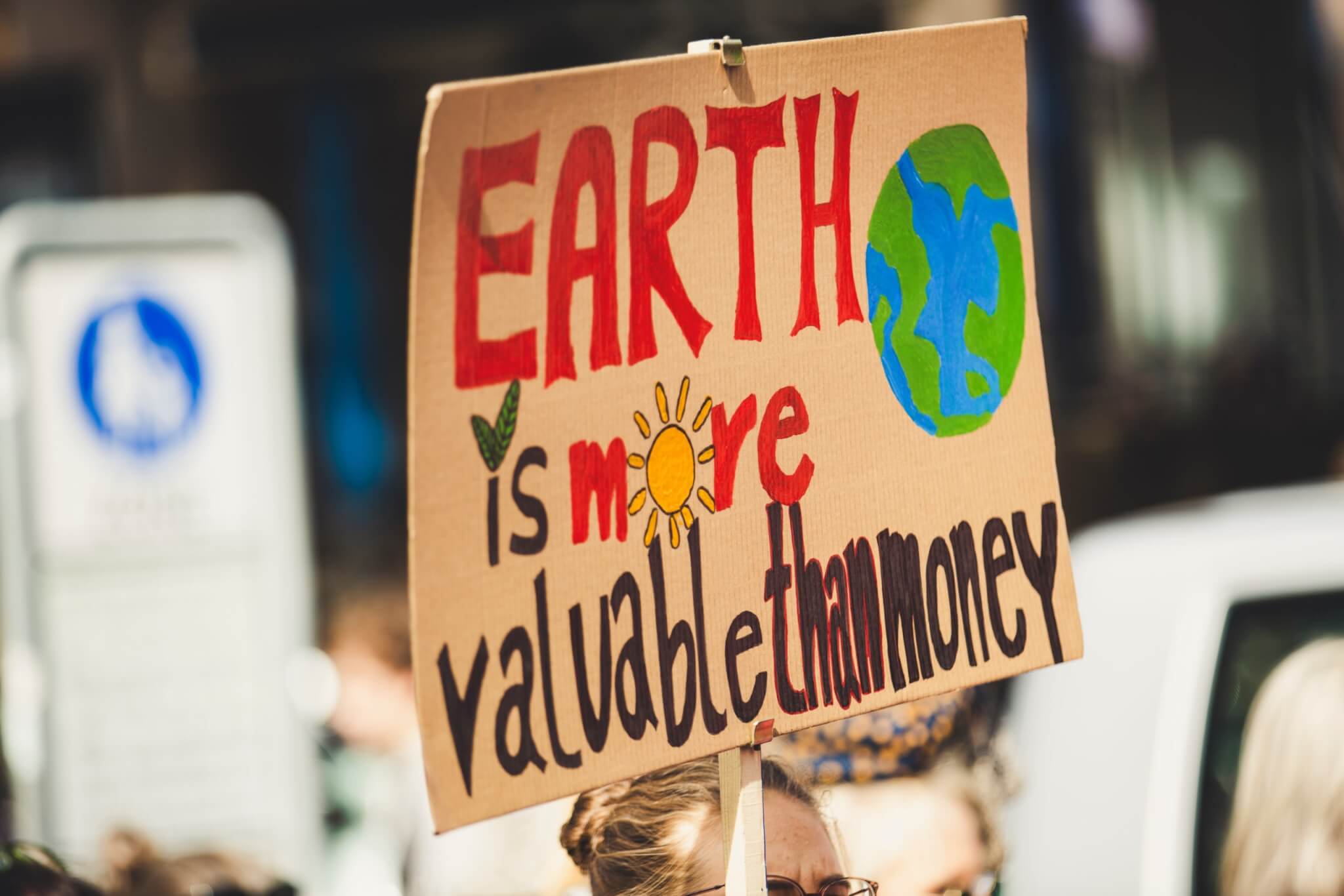WELLINGTON, New Zealand — The protection of planet Earth shouldn’t be a political issue, but the debate surrounding climate change often seems to break down along party lines. It’s no secret that conservatives are generally less likely to adopt a “green” attitude, but new research shows that it will be even more difficult than many might think to convince conservatives that climate action is necessary.
Beyond just the singular topic of climate change, conservatives and Republicans are generally unlikely to change their behaviors and beliefs, usually sticking to a fairly rigid set of traditions or “binding morals.” While prior studies have suggested that appealing to conservatives using their own morals and values in pro-environmental messages may make them more likely to adopt pro-environmental values and practices, new research conducted in New Zealand found no such evidence to support this claim.
“Notably, research indicates that liberals and conservatives make moral judgements based on different sets of moral foundations,” study authors explain in a media release. “Whereas more liberal people tend to rely on individualizing morals which value individuals’ rights and justices with empathetic motivation, more conservative people tend to rely on binding morals, which value in-group loyalty, purity, order, and conventions.”

This project followed open science practices, such as ensuring the data analysis plan was available before data collection took place, and providing access to materials, datasets, and analytical codes. Ultimately, researchers from Victoria University of Wellington and the University of Waikato discovered that participants were equally as responsive to the “adapted” pro-environmental messages that brought up either loyalty, authority, or purity (for example, “Preserving that purity is important. We should regard the pollution of the places we live in to be disgusting.”) as they were to more traditional, plain wording (“protect the natural environment of the places we live in”).
The research team also notes that political conservatism displayed a negative association with pro-environmentalism and conservation intentions. This finding supports earlier research that had concluded the same. Researchers add that because “more conservative people are likely to avoid uncertainty and change, they tend to deny the threats of anthropogenic climate change and be reluctant to take pro-environmental behaviors that require behavioral changes.”
Moreover, conservatives “tend to oppose pro-environmental policies because they think that these policies would undermine the economy and their economic liberty by regulating their business and behaviors.”
All in all, researchers conclude their work suggests that simply using language that aligns with conservative moral values probably isn’t going to be enough to actually spark green behaviors among more conservative people.
So, what can green campaigns do? Instead, study authors suggest pro-environmental campaigns should consider other conservative values, norms, identity, and political context in order to be more effective across the political spectrum.
The study is published in the journal Social Psychological Bulletin.


When liberals stop using computers, stop drinking water from plastic bottles or steel/plastic bottles made in China, When liberals start doing something about the human cost of kids mining the metals for EVS and admit that EVS are as polluting as gas cars, when liberals produce wind turbines that don’t kill a million birds every year and can be lubricated with non fossil fuel products, when liberals produce solar panels that actually work and dont’ take up millions of acres of desert lands and when they stop eating anything that remotely causes “climate change”….I will think about doing my part.
Stop being such hypocrites.
Emory clearly lives on a different planet than the rest of us. His planet must not be overheating and experiencing extreme whiplash weather, wildfires, droughts, floods and a climate in crisis. Apparently on Emory’s planet science and intelligence are scorned in favor of being a cult member whose arrogant ignorance is never deterred by facts, and where the brain dead brag above being unwoke to reality.
Purely ad hominem attack. There is NO evidence that extreme weather events are caused by global warming. In fact, there are fewer hurricanes statistically than 50 years ago. Climate does change, but human ingenuity allows us to change and invent mitiations. Btw, what exactly should Earth’s temperature be?
Dear Joe, (dig deeper), don’t trust the mainstream media they are denying/censoring credible scientists evidence that debunks the climate threat. If you don’t investigate you will remain as you are now which is, currupted by the cunning propaganda machine to believe the false narrative. Investigate alternative media that is honest and not owned or currupted by money so you will see that I’m right and you won’t waste your time making a negative reply, cheers.
Climate change is real, a natural phenomenon and is augmented by human activity. Archaeologists can tell you about many ancient societies that failed due to climate change. China is continuing to open new coal fired plants EVERY WEEK and has no plans to stop. Most climate change proposals are about wealth transfer which is not going to happen.
The same people who tell you that men can be women, women can be men and that men can get pregnant are the same ones telling you that humans can change the climate. Progressive ideologues.
Seeing how climate alarmist $cientists have been 100% wrong on 100% of their dire predictions 100% of the time for the last 60 years that they’ve been lying to me personally, i think i’ll just go with history and my life experience in believing the climate cycle is cyclical.
It will be easy to convince conservatives if there is ever a shred of evidence that doesn’t involve ‘models’ or hysterical scare tactics. Don’t weaken your case by indoctrinating children, then allow them to control the narrative, blessed by their ‘innocence’. Also, stop buying ocean front property.
Perhaps its because they use their brains and are not convinced by the “science,” which is more political science than real science. The models have never correctly predicted the future and cannot replicate the past. The temperature collection system is a mess, sparse worldwide, and is strongly affected by the urban warming phenomenon. The catastrophic predictions are based on positive feedback, which has never been proven to exist climate systems.
These guy’s don’t realise they are duped by the climate propaganda, those they are commenting about aren’t.